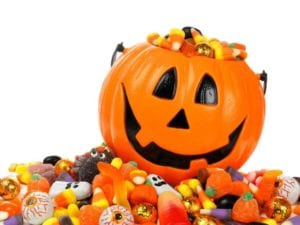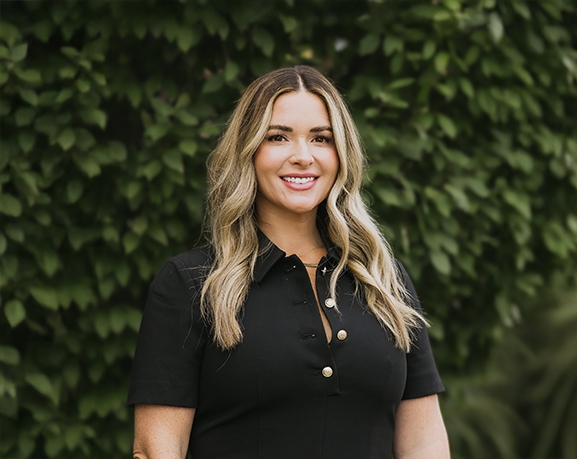 It’s Halloween, and along with the ghosts, goblins, and pumpkins comes lots of candy and sweets – and not just from trick-or-treating (or “inspecting” your children’s windfall).
It’s Halloween, and along with the ghosts, goblins, and pumpkins comes lots of candy and sweets – and not just from trick-or-treating (or “inspecting” your children’s windfall).
Many beloved fall treats and sweets, such as caramel and candied apples, and sweet potato casserole with marshmallow topping, can overload your mouth with sugar and take a toll on your teeth and gums.
While most people know that sugar is bad for your teeth, fewer people understand just how sugar works to cause damage.
As we head into this festive time of year, it’s important to be aware of the ways in which sugar impacts your oral health, so that you can be proactive and plan accordingly to help protect your family’s teeth.
How Cavities Form
Our mouths are full of bacteria. Most of it is helpful bacteria, which keep our mouth’s pH levels balanced and our teeth healthy. Certain bacteria in the mouth, though, are less than helpful. These harmful bacteria feed on sugar when it enters your mouth. They then produce acid that eats away at your tooth enamel, creating cavities. If cavities go untreated, they can go deep into the tooth, to the soft nerve core, where they cause pain and, if the situation gets very bad, the need for root canal therapy or the loss of the affected tooth.
How to Prevent Cavities
We all know that good oral health begins with regular brushing and flossing. Dentists suggest brushing twice a day and flossing at least once. You also can use a dentist-recommended mouthwash to rinse your mouth and cleanse it of harmful bacteria after brushing and flossing. Nearly all toothpastes and many mouthwashes also contain fluoride, a mineral that helps protect and strengthen tooth enamel.
During the fall and winter holiday seasons, you can take additional steps to help protect your family’s teeth from all of that extra sugar. Your kids will likely come home on Halloween with bulging bags of treats, but you certainly shouldn’t let them eat it all at once! It’s fine to eat one or two small pieces of candy at a time, especially if you brush your teeth soon after. Be sure to balance the sweets with a healthy diet and good oral hygiene habits.
Another great way to prevent cavities and tooth decay is to schedule your regular dental cleanings for right after the holidays. That way, your dentist and hygienist can help nip any developing cavities in the bud, and your mouth will get a nice, post-holiday deep clean.
Gum Disease and Tooth Loss
Improper oral care can lead to gum disease and tooth loss. Tooth loss can impact the jaw structure requiring oral reconstructive surgery. Other solutions for missing teeth include dental implants or the All-On-4 Treatment for complete teeth loss. If you have questions about these procedures, please contact OMSNashville.
The information and content on our website should not be used as a substitute for medical treatment or advice from your doctor.












